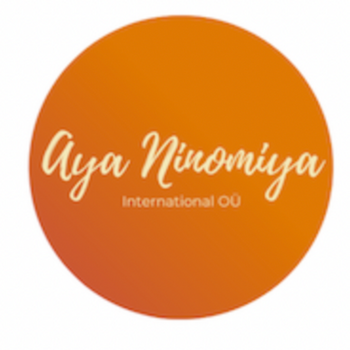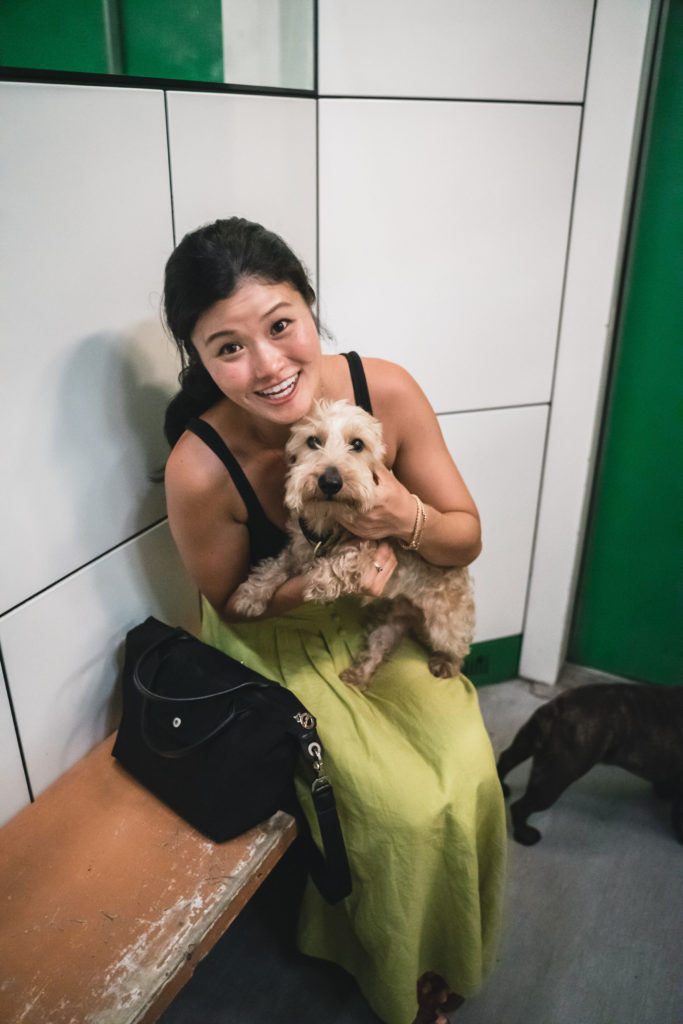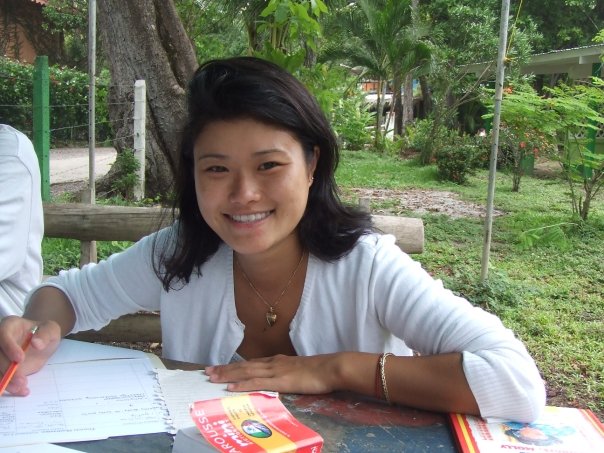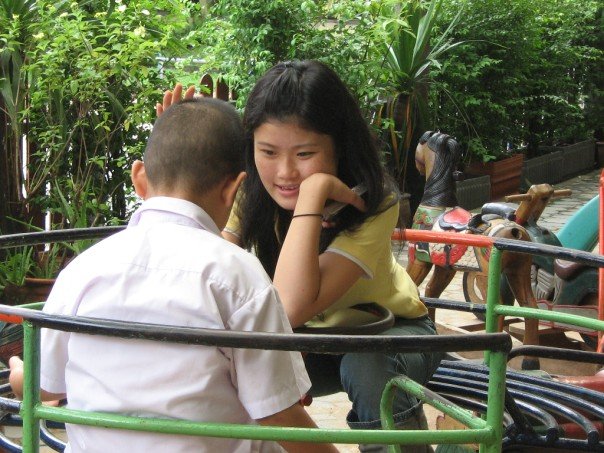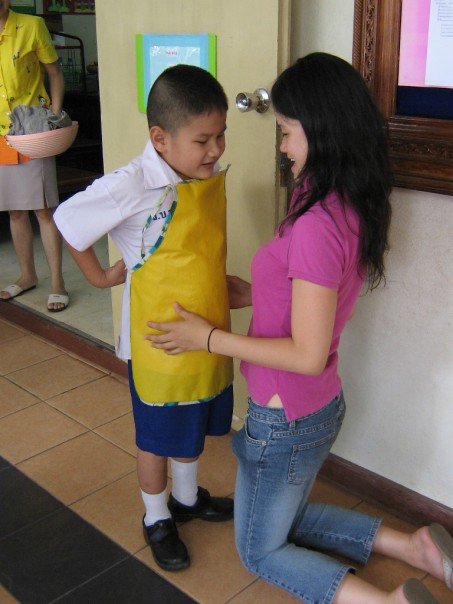Recently, a lovely co-host and I started a 5-part webinar series for parents who are raising children who display signs of developmental differences. Misako Suzuki (a bilingual speech therapist) and I designed the first two topics of focus to be about parents and children needing to have their own sets of principles.
Between the two of us, we have over 25 years of collective experience working with children and families of multiple cultural backgrounds. With both of us bringing in our Japanese backgrounds and myself, a third culture kid background as well, we were fascinated with how many similarities we found in our work with children and parents alike.
“Wait, children have their own principles?”
Yes! Yes, they do. In fact, I find that they are closer to their own axis with fewer influences probing at their core values and truths.
After all, we all come out of the womb determined to:
- breathe and survive.
- feel safe and comfortable.
- do their very best to make sense of their world that they’ve just entered.
Determined with principles set to survive and that’s day 1 of everyone’s life.
So do children have their own principles? A big fat YES!
Well, if they are so strongly determined and centered, what happened to us grown-ups? Children look to trusted adults around them so that they can be looked after when their expectations and predictions are challenged.
Outside influences and external factors steered us away from the very survival-based principles we were born with. Children start caring about what their parents might think of them. Their determination to survive weakens as their social world widens. Children are directed to what is deemed “appropriate” according to shared social rules and “the way” as their attached – trusted – adults think is best fit for their children.
As children are molded to become social beings, we are exposed to others' priorities. Wilcock and team who put out classic research on occupational science first introduced the above concept as this simple process:
doing → being → becoming → belonging
When we become social beings, our principles are tested! Morals and ethics are instilled and we can no longer the simple surviving human that we were born as. We need this sense of belonging in a social world – this is part of Maslow's hierarchy of needs.
How do we make sure we hold true to our own principles in the loud and dynamic world we live in?
The one book I keep going back to.
The program I use to sharpen my own principles to live by is Lifebook. What started out as another personal development course helped me discover and sharpen my own philosophy and life vision that designed the environment and experiences I wanted in my life. It’s a growing book that is a constant work in progress and I love it!
My Lifebook is going to look different to yours in shape and most certainly in content.
There are 12 categories:
- health & fitness
- intellectual
- emotional
- character
- spiritual
- love relationship
- parenting
- social
- career
- financial
- quality of life
- life vision
The program offers a video that accompanies each category. During the video, you'll have time to put down your own thoughts and ideas. Each category takes about 2 hours of work.
By writing about each category of my life, I became self-responsible for taking matters into my own hands. And by doing so, I became more confident in the life vision and action steps I needed to put into place to get there. And as I take steps forward (and sometimes steps back), I’m growing a stronger sense of belonging to myself and in the community that I’m creating around me.
And 3 years into living my life using the Lifebook framework, I'm now a certified Lifebook Leader! They say teaching is the best way to learn and I couldn't imagine a better way of deepening my own life design by leading others to set themselves up for success.
📢 From the end of November, I'll be running seasonal Lifebook Premium programs to help others who are feeling unsure or stuck with their life's direction.
Do you want a crystal clear life vision?
With how much Lifebook has helped me go from lost, burnt out, and confused with where I stand in life, I wanted to be able to share my story. If you’re keen to learn more, mozy over here to read how authoring my own Lifebook has helped me, along with members from all over the world as evidence.
📢 I will be offering seasonal Lifebook Premium courses where I’ll take you through the program in creating your own life vision.
Check here for the next start date!
